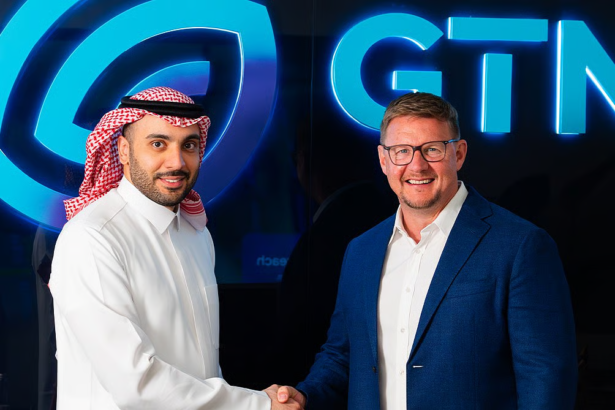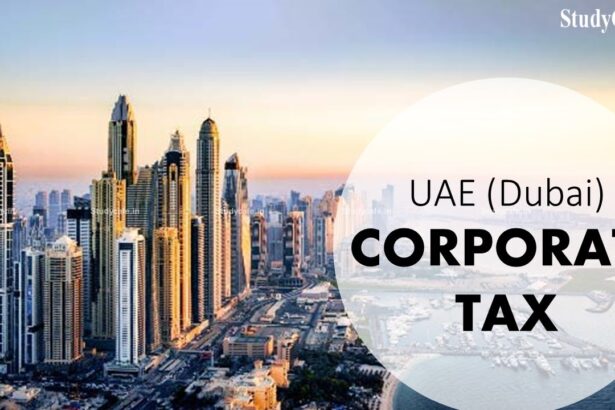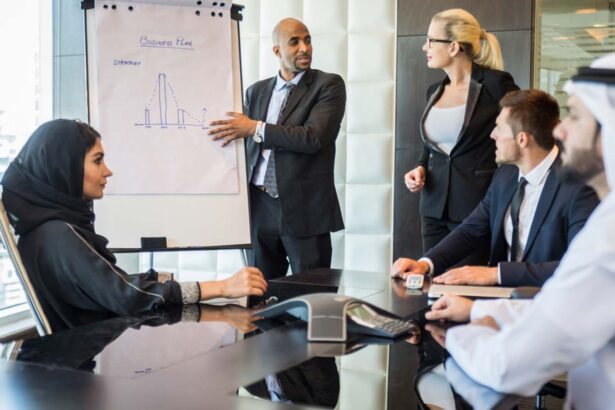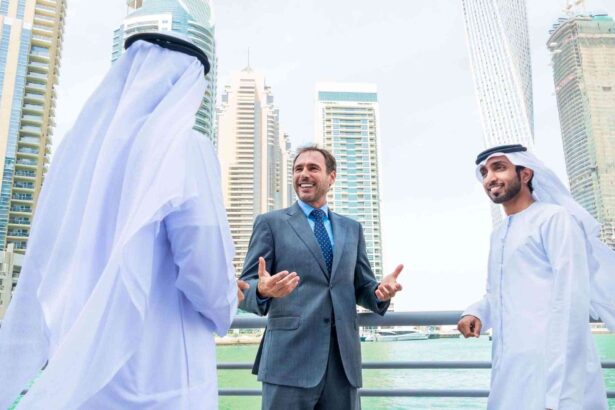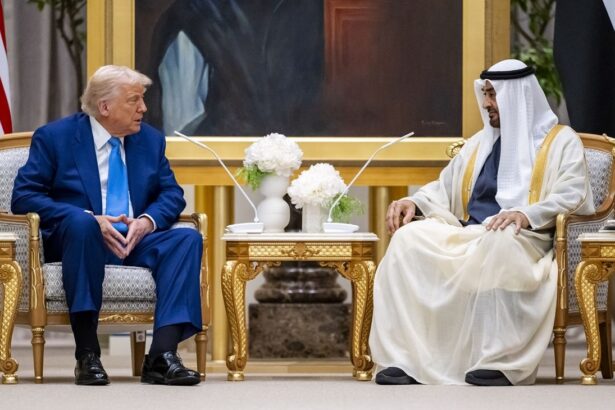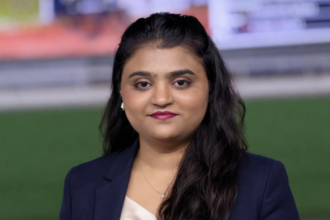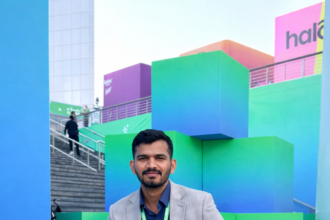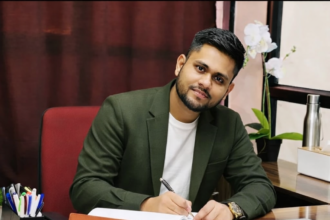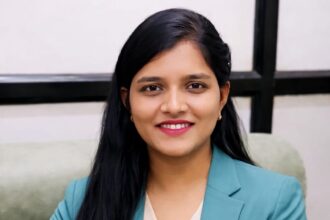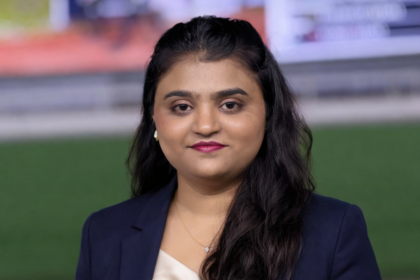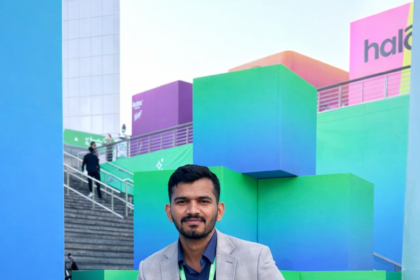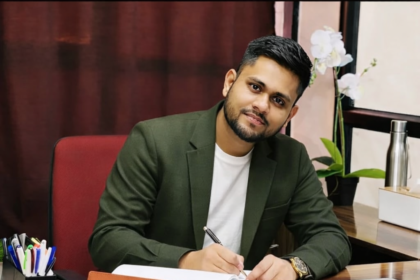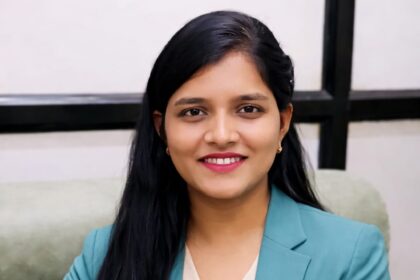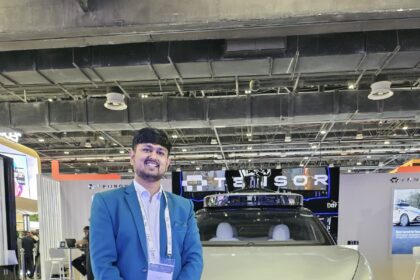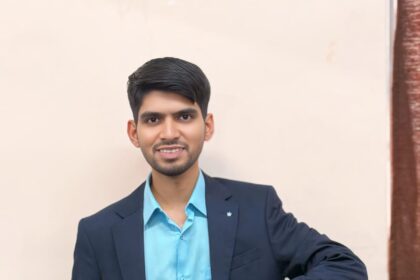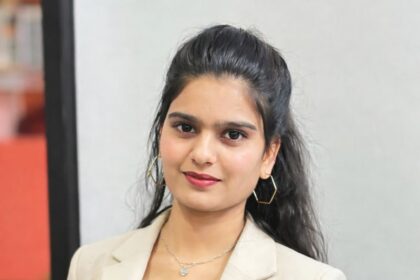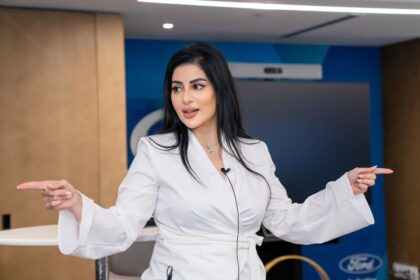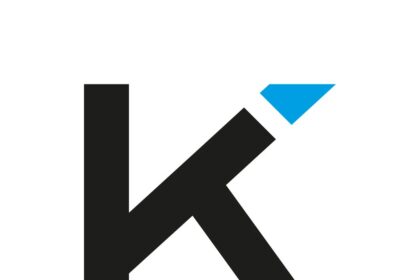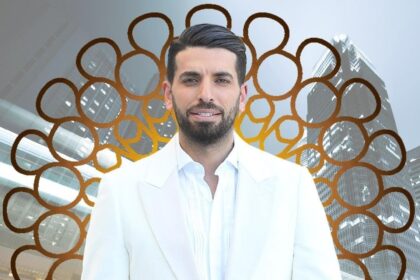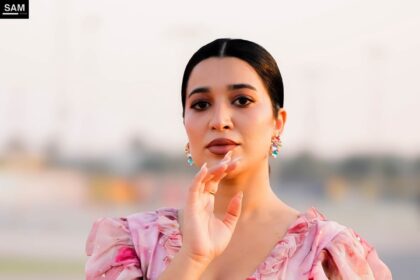Business
Fintech revolution: Borderless finance driving inclusion with GTN
The future of fintech is undeniably here, defined by accessibility, personalisation, and seamless integration of financial services into everyday life. As the financial landscape evolves, investing and money management are…
Corporate Tax vs. VAT in UAE: Key Facts for Businesses
The Value Added Tax (VAT), on the other hand, is an indirect tax applied to goods and services at each stage of production or distribution. When buying something, the cost…
Company Formation in UAE: Your Step-by-Step Guide
In conclusion, the EAU is presented as an incomparable destination for the formation of the company, offering a commercial environment, strategic location and a series of incentives for investors. However,…
Outsourcing Accounting in UAE: Key Benefits Explained
The management of all aspects of your business can be a challenge, as special with the introduction of the corporate tax in the EAU, where precise accounting is essential to…
The Power of Feasibility Study in UAE Real Estate
In the world of real estate of the EAU, entering without a good strategy and leaving is asking for problems. Bets are high, even higher financial commitments, and the market…
DCT Abu Dhabi Named The UAE Pavilion’s Official Partner-Custodians Of Culture At Expo 2025 Osaka – UAE Today Blog
The Department of Culture and Tourism-ABU Dhabi (DCT Abu Dhabi) has been appointed official partner of the Eau Pavilion in the 2025 Osak Creativity of authenticity, and the advancement and…
UAE President Awards Order Of Zayed To US President In Recognition Of Efforts To Strengthen Bilateral Ties – UAE Today Blog
President of his Highness Sheikh Mohamed Bin Zayed Al Nahyan today granted the order of Zayed, the highest civil honor of the EAU granted to the heads of state, to…
Thought Leadership Series By Cyber Gear – UAE Today Blog
According to Sharad Agawal, CEO of Cyber Gear, "restless is the head that carries the crown. Being an industrial leader comes with its share of the answer. And the creation…
UAE, US Presidents Discuss Strategic Partnership, Regional Developments – UAE Today Blog
The president of his highness, Sheikh Mohamed Bin Zayed al Nahyan, held the conversations with the president of the United States, Donald Trump, about the strategic association between the EAU…
Future Of Learning Innovation, Technology & Entrepreneurship – UAE Today Blog
The Indo-UAE education and entrepreneurship conclave is a historical initiative of Talrop, in a strategic association with Khaleeej Times, designed to promote the impressive cross-border collaboration in education, innovation and…
-
Check out other categories:
- UAE
- World
- Business
- Technology
- Cryptocurrency
- Life Style
Recent Posts
From Responsibility to Global Exposure: The Journey of Minakshi Shardul
How discipline, creativity, and guidance shaped a social media professional…
From Science to Social Media: The Global Journey of Vaibhav Palkar
Vaibhav Palkar is a dynamic digital professional whose journey reflects…
From a Small Village to the Global Stage
A Story of Discipline, Resilience, and Visionary Leadership Success stories…
A Woman, A Vision, A Global Journey of Consistency
Coming from Satara, Maharashtra, Pooja’s journey stands as a strong…



